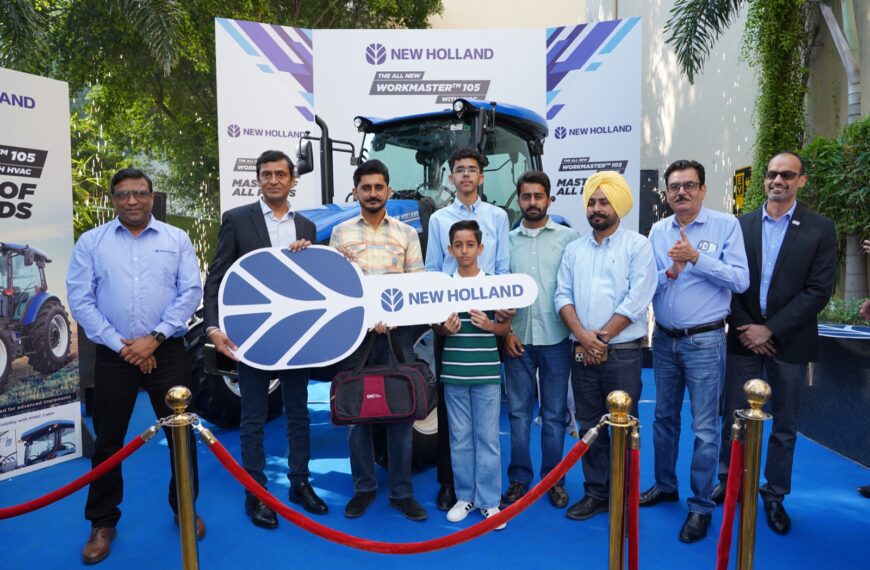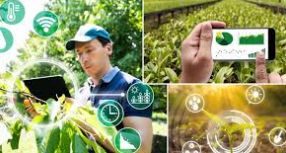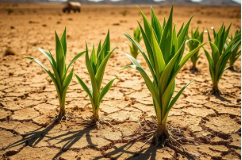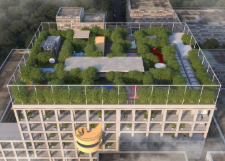
Aquaponics a synergy of fish farming and hydroponic plant cultivation is spreading in Latin America as an efficient and sustainable food production system. The setup allows fish waste to nourish plants, while plants naturally filter water for fish.
In Honduras, a pilot project using tilapia and lettuce has tripled farm productivity per square meter compared to traditional soil-based farms. Farmers report surprising RO payback periods of only 2 to 3 years even using modest greenhouse constructions.
Training programs funded by international NGOs teach farmers how to balance nutrient levels, identify plant or fish diseases early, and manage water quality. The success has inspired nearby communities to form co-ops, share resources, and scale up installations.
The FAO is monitoring the pilot and considering building aquaponics into rural development programs across the continent, especially in areas with freshwater scarcity.


















